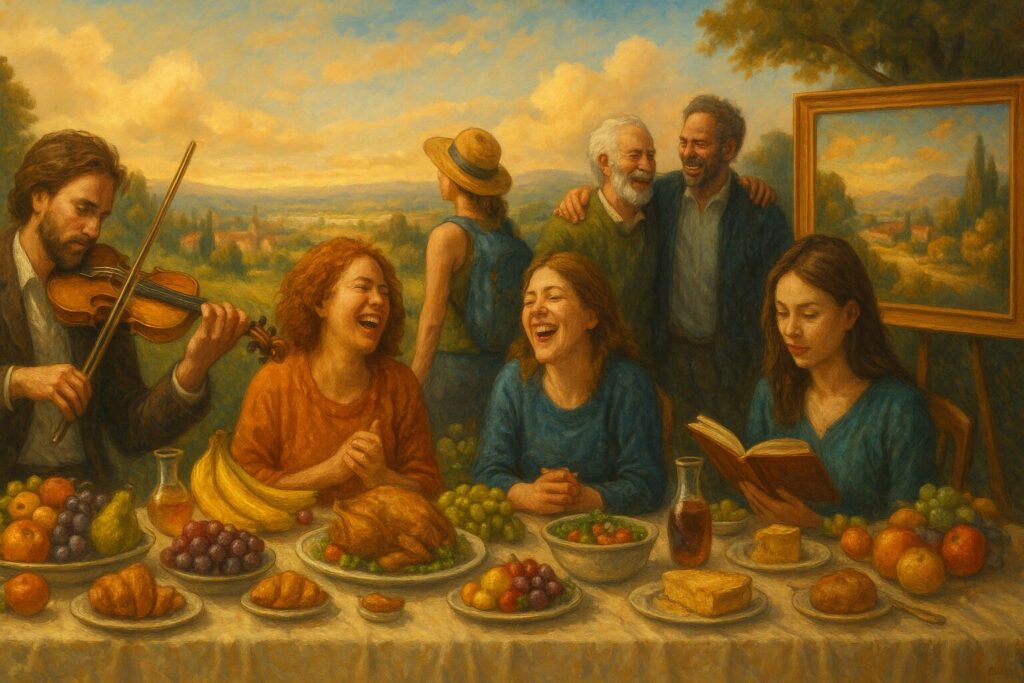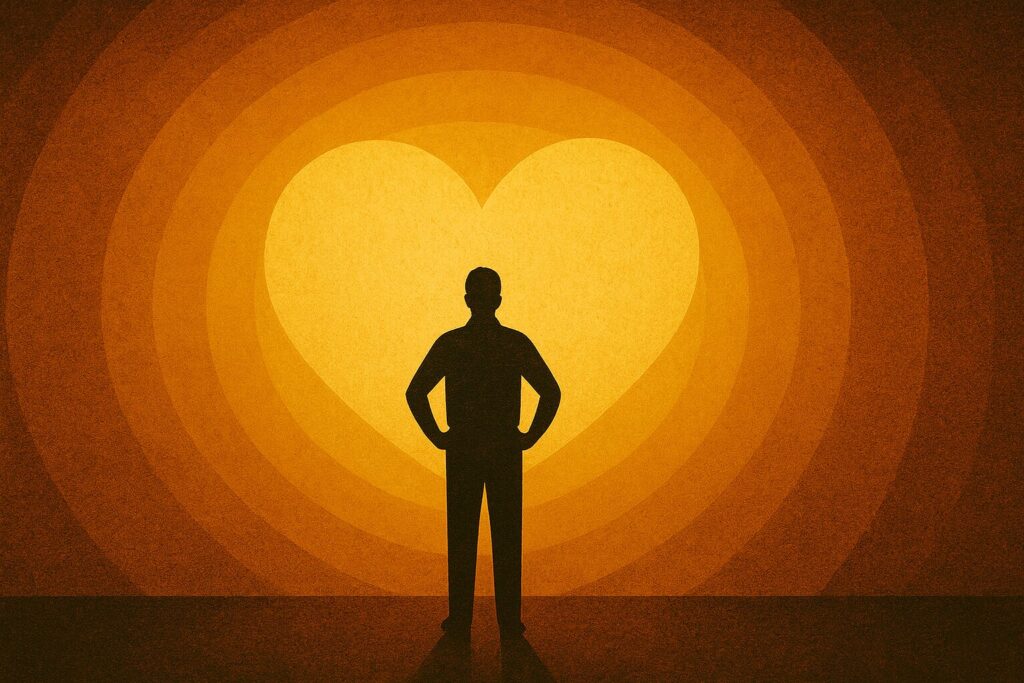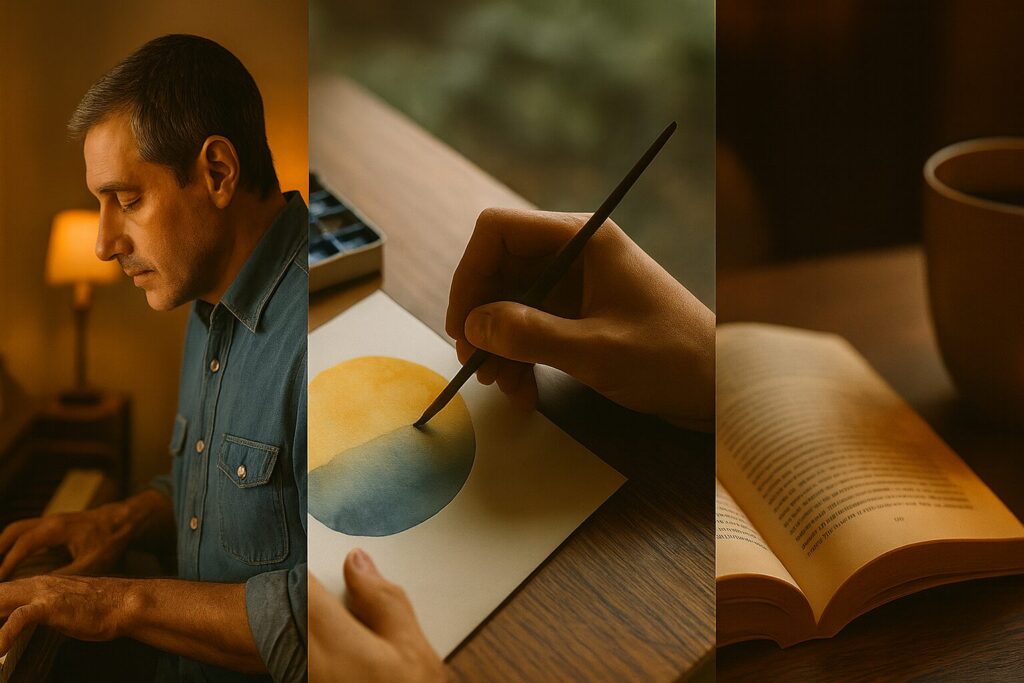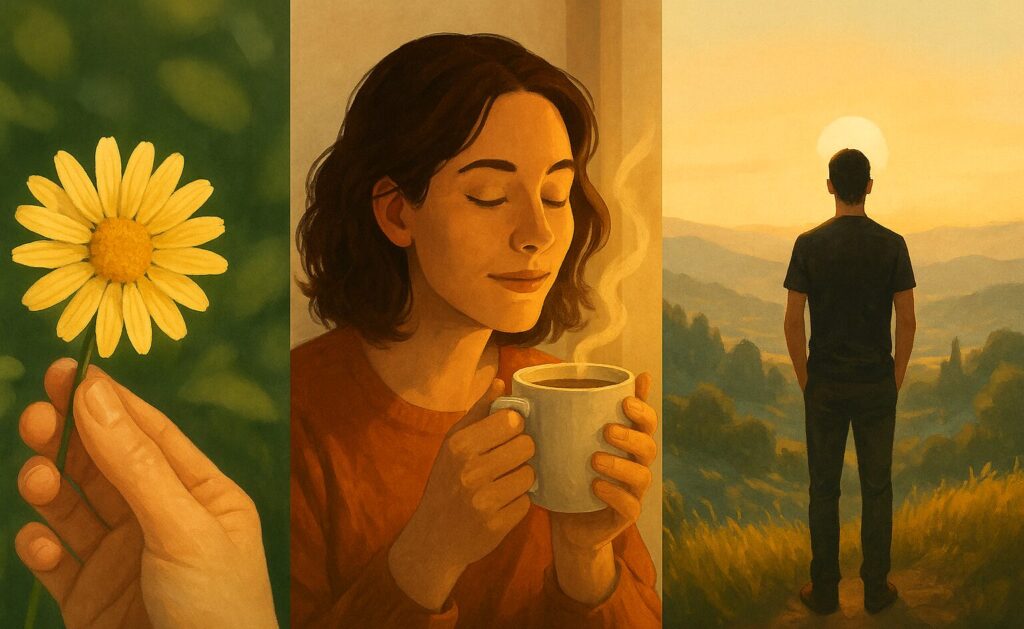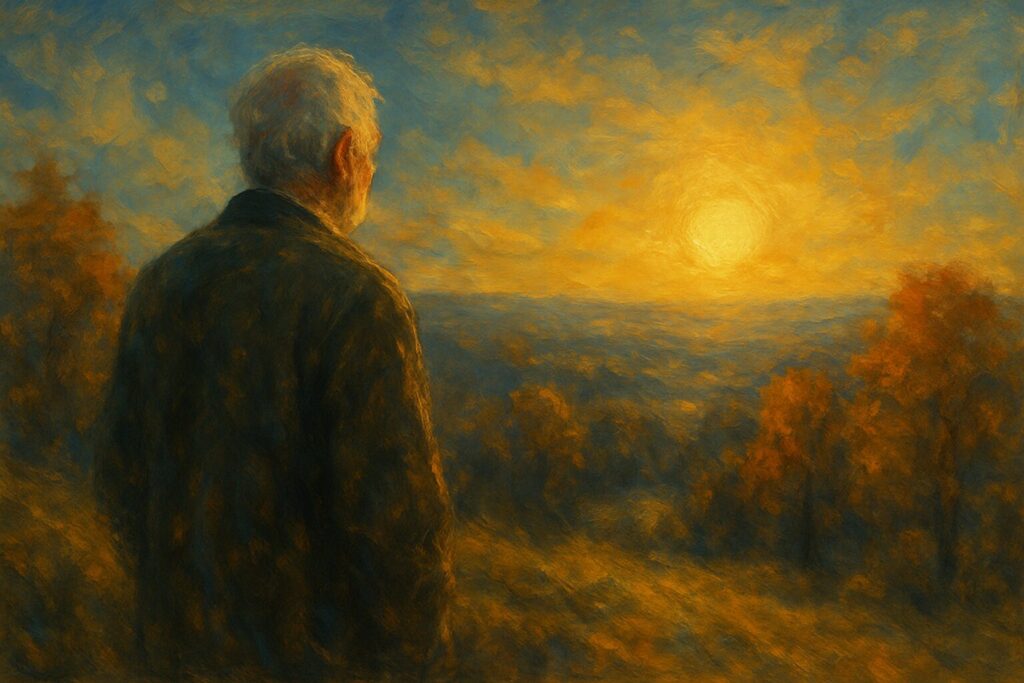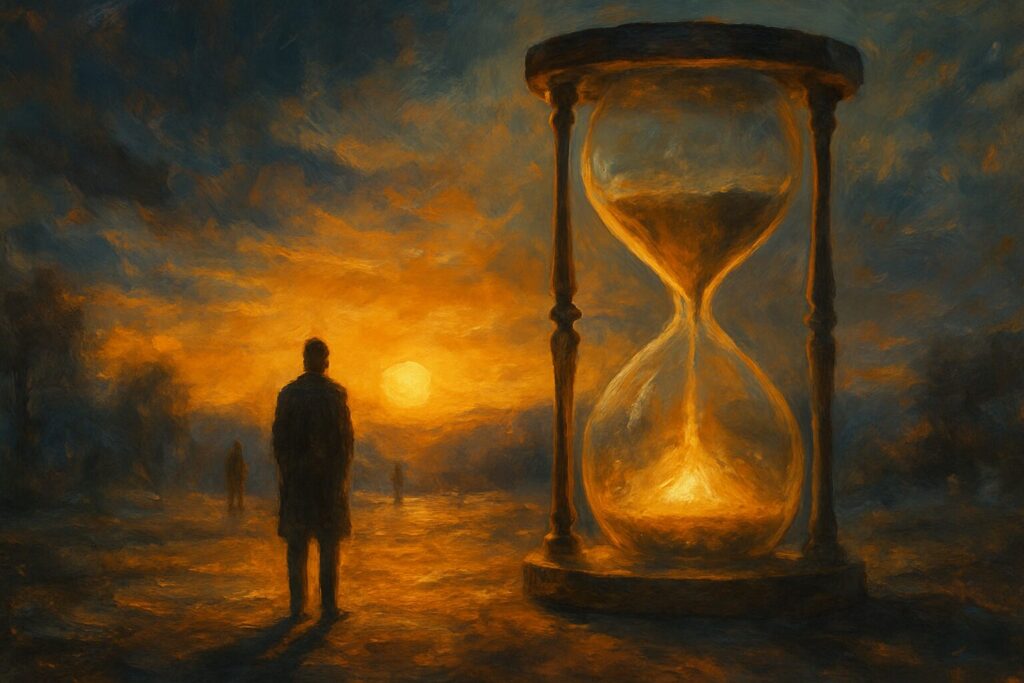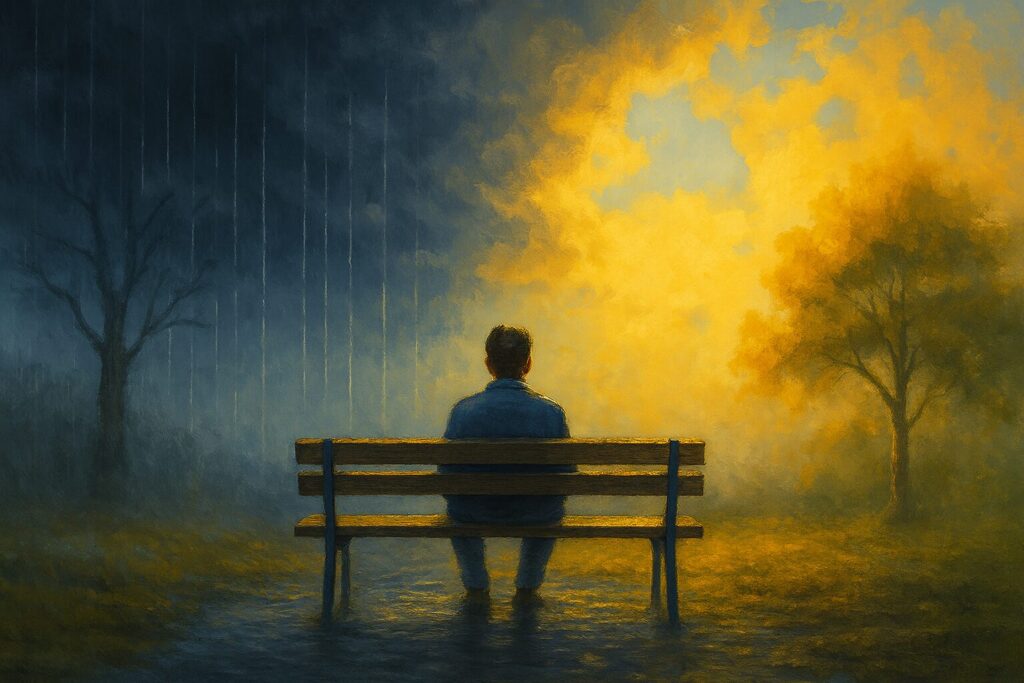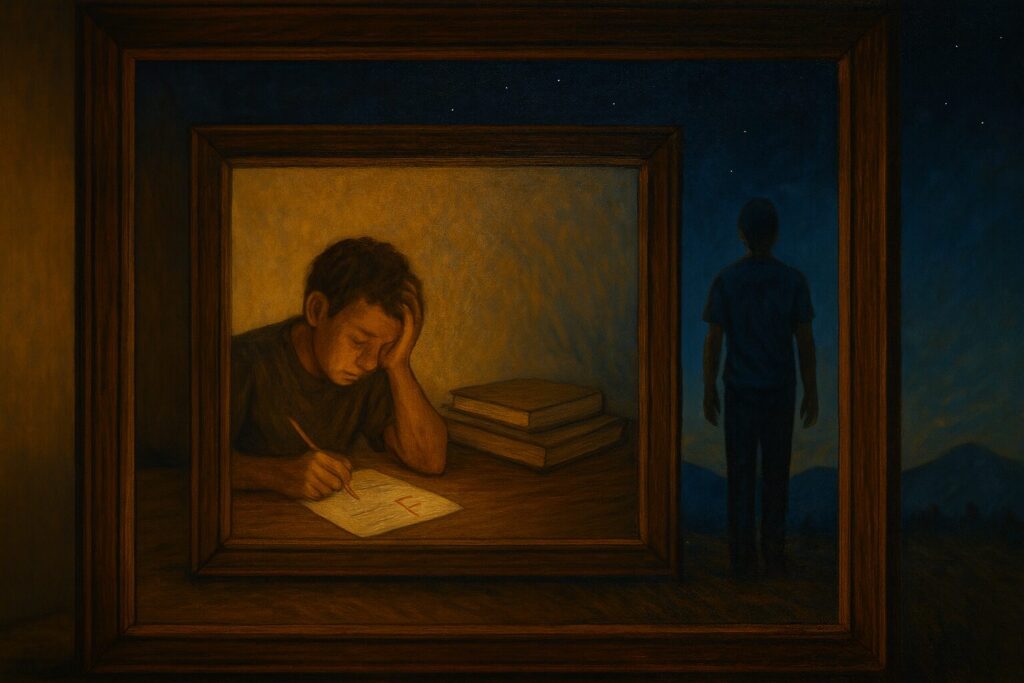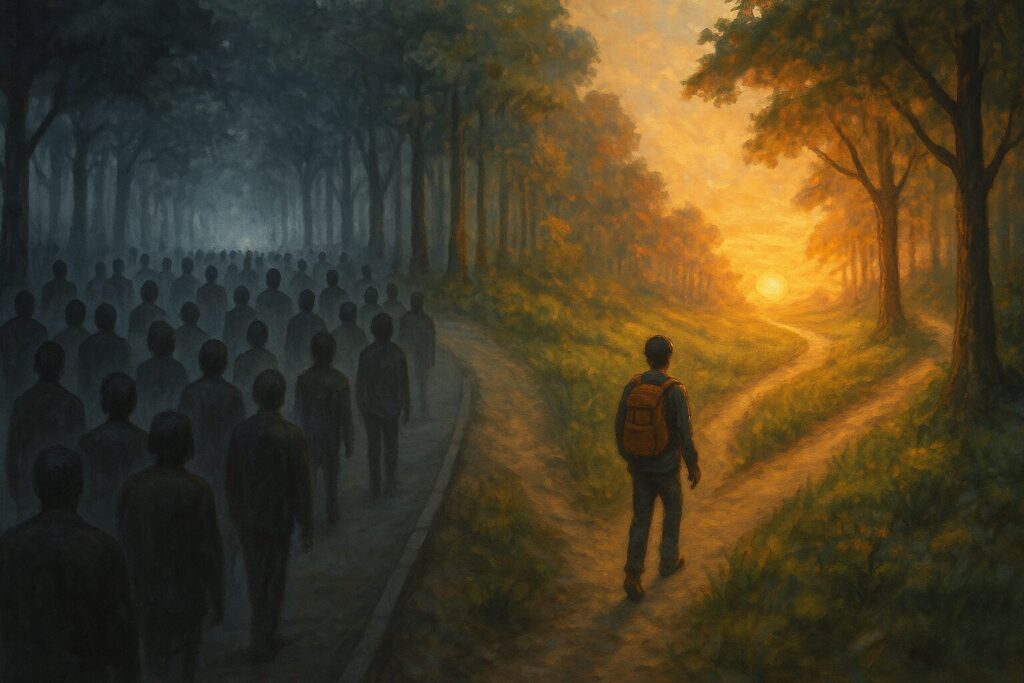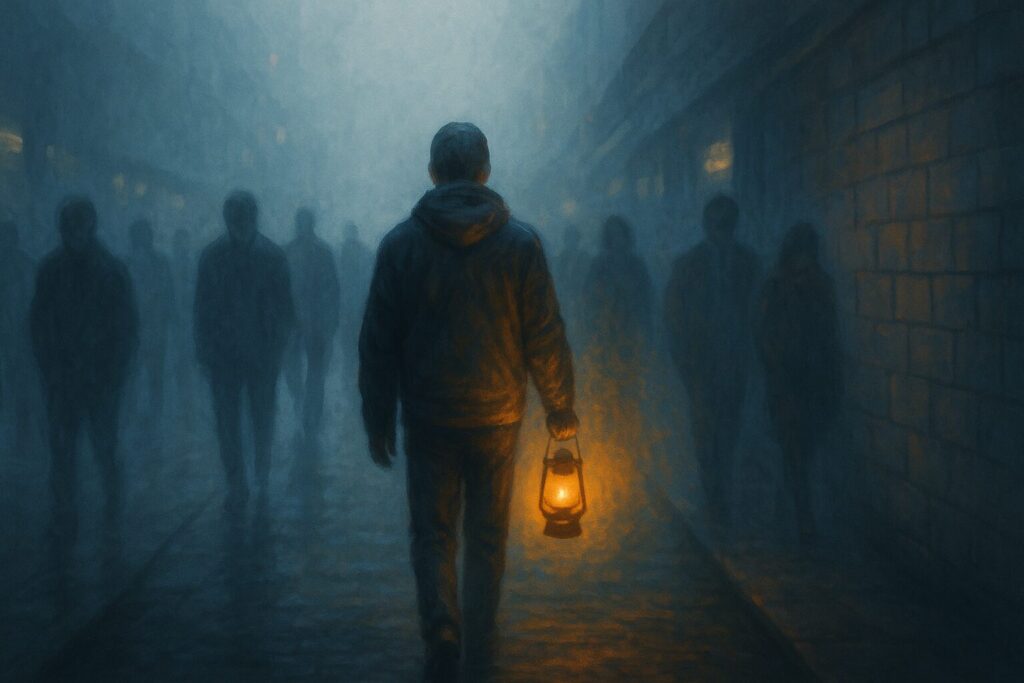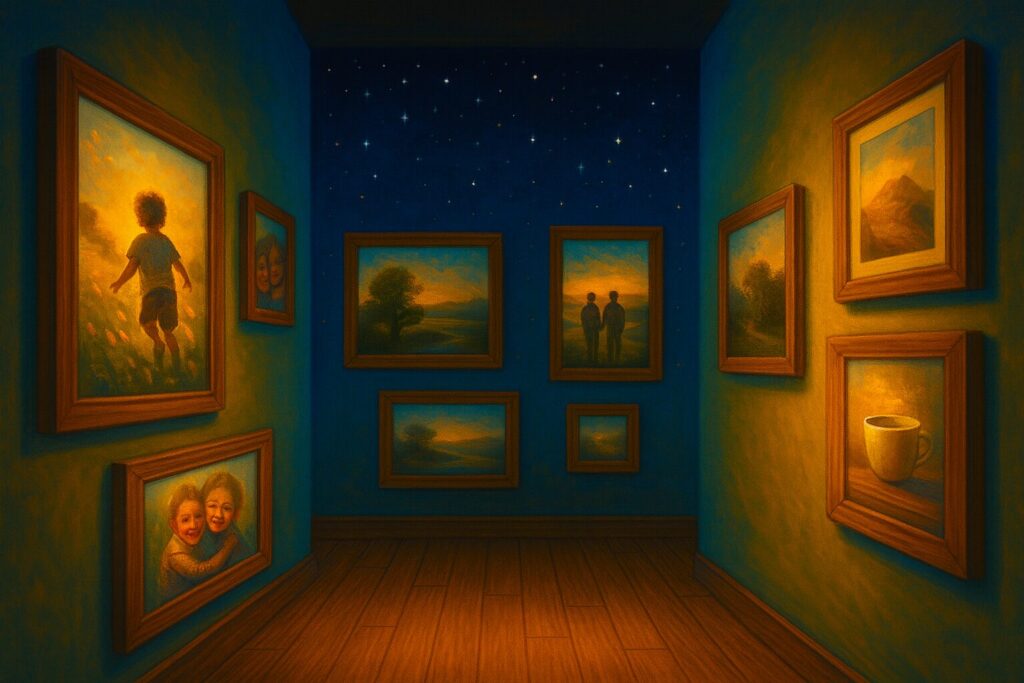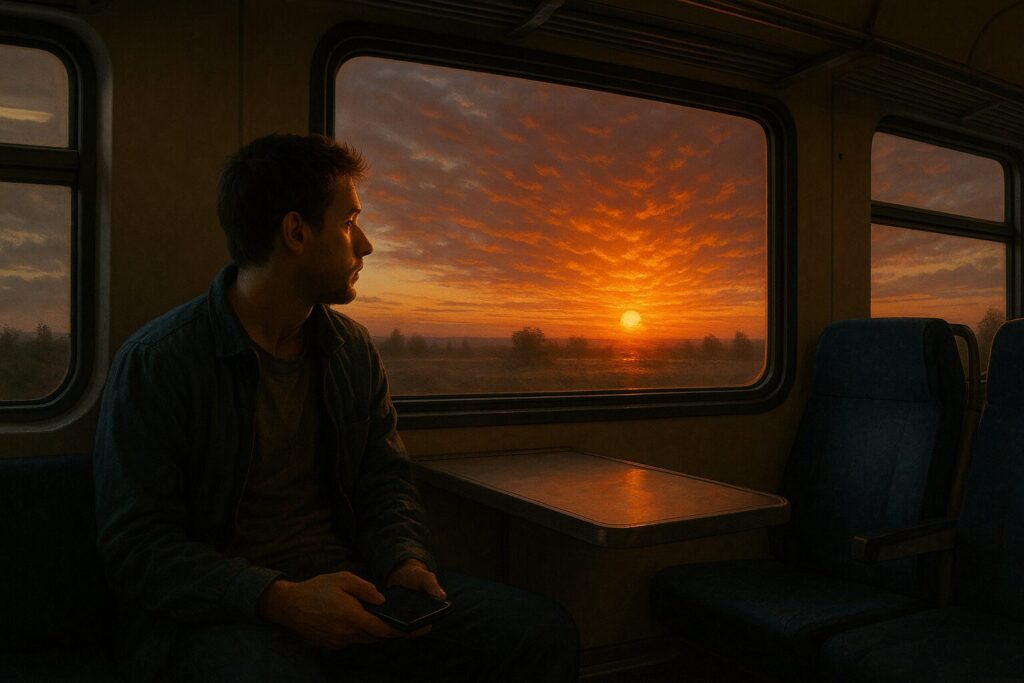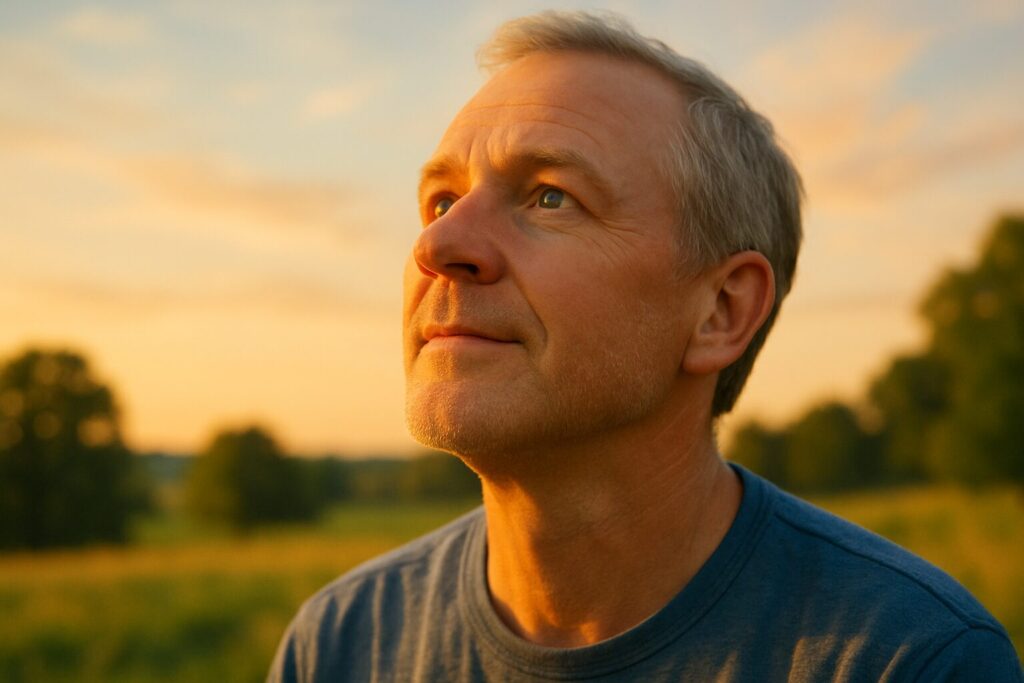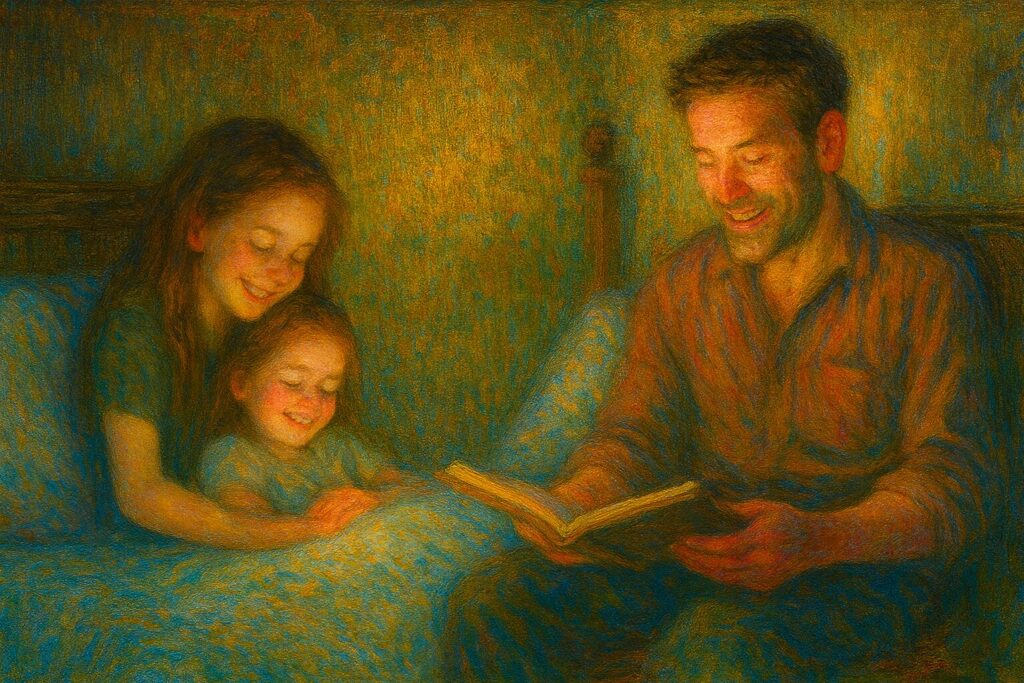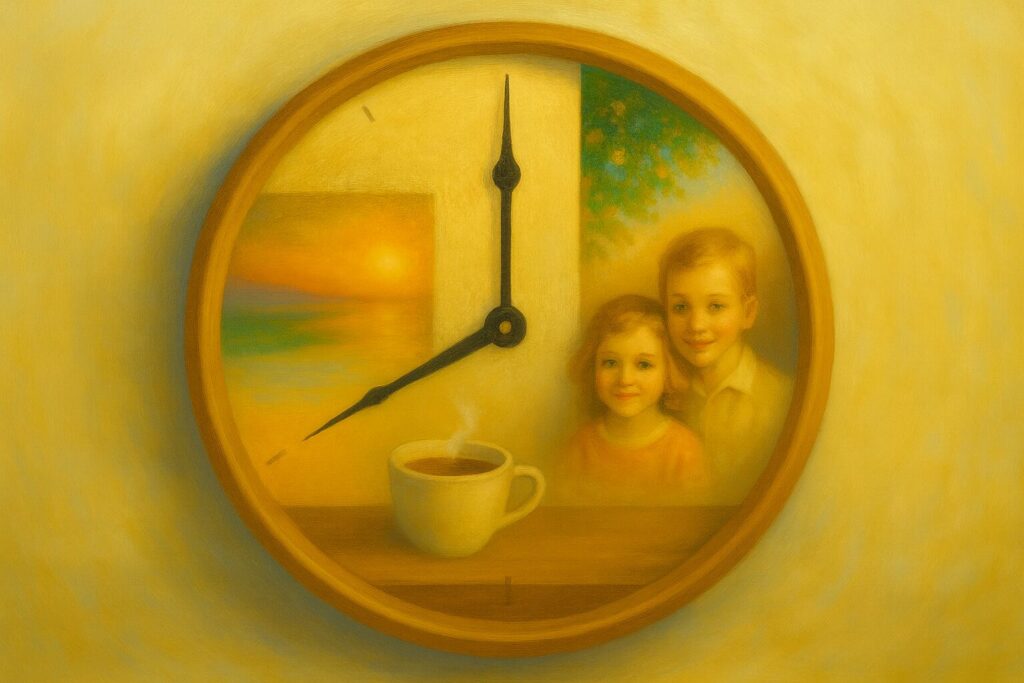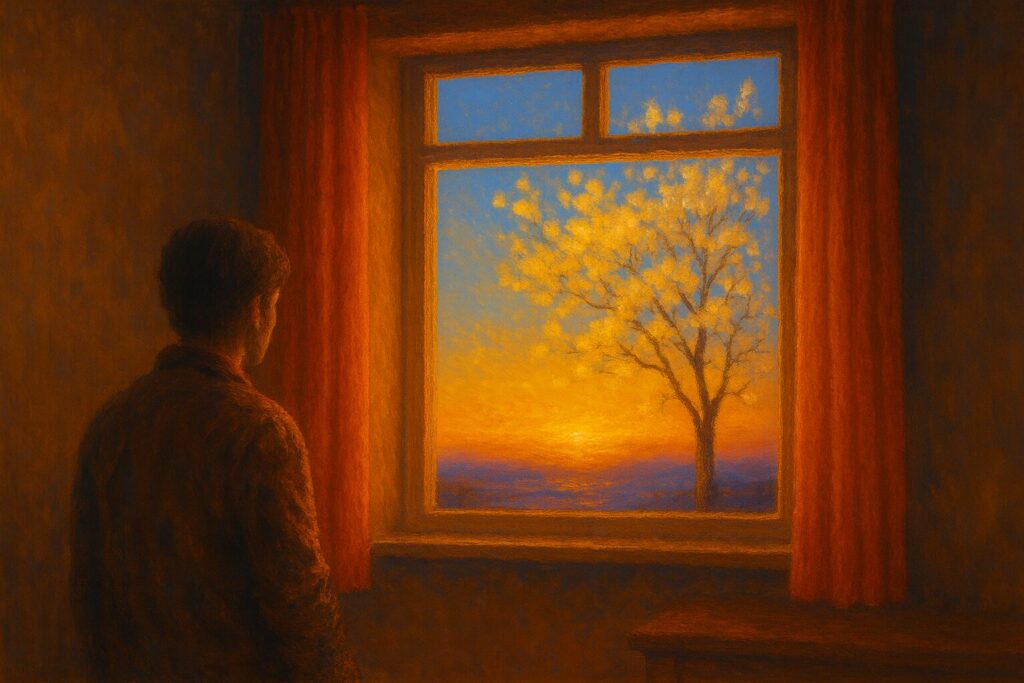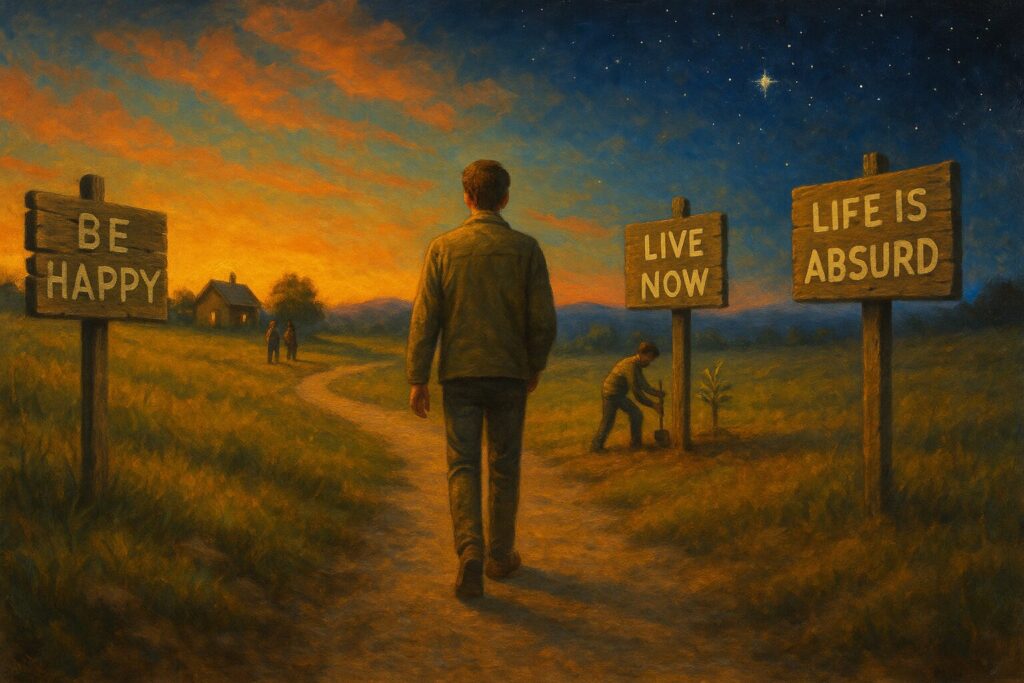Psychology
False compasses like wealth, status, and shallow happiness are easy to chase but leave us empty. True norths are quieter, but they lead us home. So name your purpose. Follow your fascinations. Savor beauty whenever it interrupts you. Because these are the guiding stars of fulfillment — and life is too precious to navigate without them.
Life’s Feast of Experience
Life is not stingy. It lays out a table so full of flavors, colors, sounds, and sensations that one lifetime is not enough to sample them all. We may struggle, we may suffer, but even in hardship, the world keeps handing us delights.
Gratitude as Mental Maintenance
Life isn’t always smooth. Stress builds, anxiety spikes, and despair can creep in. But gratitude for simply being alive acts like maintenance for the soul. It’s coolant in the overheated engine of existence. It steadies us when the road feels rough.
Tools for Shaking Off Numbness
We go through our days dulled by routine, lulled by sameness, anesthetized by the narcotic of familiarity. The gift of life—this once-in-eternity chance to exist—becomes something we sleepwalk through. The good news? Numbness is not permanent. It can be interrupted. It can be shaken off. You can step back into your life with fresh eyes and a sense of wonder.
When Gratitude Isn’t Enough
Gratitude is powerful. But it is not always enough. It cannot erase grief, nor should it try. True strength is knowing when to grieve and when to give thanks. True perspective is allowing both to matter.
Soul Therapy
Life wears us thin. Worries fray us, routines numb us, losses bruise us. Left alone with only pressure and demand, we shatter. But we are not left alone. Human beings, from the dawn of history, have discovered a thousand ways to restore ourselves — ways of tending our soul.
The Practices of Appreciation
Gratitude is more than a passing feeling. It’s a way of seeing, and like any skill, it can be trained. Without practice, appreciation slips away; life fades into background noise. With practice, we stay awake to the wonder of being alive.
Three Takes on Independence
Life is short, and conformity is tempting. But mortality clarifies: there is no rehearsal. You only get this one chance. To waste it on mimicry is to waste it altogether. Trust thyself. Live deliberately. Will yourself — and others — to be free. Altogether, these lead you, and those around you, to a life more fully lived.
Three Practices for Finding Ourselves
Finding ourselves isn’t a one-time revelation. It’s a rhythm: solitude, risk, story. Again and again. Don’t wait for lightning. Begin with what’s near: a walk, a brave step, a few honest sentences.
Pride and Mojo
There is a kind of joy that doesn’t come from sunsets, or music, or even love. It comes from something quieter: the simple satisfaction of feeling at home in your own skin. It’s the moment you stand a little taller because you did what you said you would do. It’s the glow of competence after solving a problem. It’s the inner warmth of knowing you’re living in line with your values.
The Meaningfulness of Our Life
Since the beginning of philosophy, humans have asked, What is the meaning of life? We want to know if the universe has assigned us a role, if there is a script we are supposed to follow, if some higher authority has written purpose into the fabric of existence. But the question, as often framed, may be misleading. It suggests there must be a meaning of life — a single answer for everyone, handed down from outside. What if, instead, the real treasure comes from the meaning in life — the significance we create, notice, and savor while we are here?
At Least We’ve Had Life
There’s a simple truth that we overlook far too easily: no matter what else happens—failure, disappointment, even tragedy—we’ve already won by having lived at all.
Living in Your Final Hour
Imagine this: you are in the final hour of your life. Not in some distant, abstract sense, but right now. You feel the clock running down. You know there will be no extensions, no extra innings. What rises in your heart? What suddenly seems irrelevant? What suddenly shines with unbearable beauty?
Friends With Ourselves
We live in a culture that sells us on permanent positivity. Motivational posters, Instagram captions, self-help gurus — all whisper (or shout): “If you’re not happy, something is wrong with you.” But expecting perpetual happiness is unrealistic, and worse, it pressures us to fake it.
Managing Perspective
Life shrinks and expands depending on the frame we use. A small setback, viewed up close, feels like the end of the world. Pull back the frame, and the same event becomes a blip, a footnote in a larger story.
The Balancing Gift of Gratitude
Desire drives us. We strive, we chase, we imagine new possibilities. Without desire, civilization would stall. But desire alone can also leave us restless, always chasing the next horizon, always frustrated with the gap between what we have and what we want. That is where gratitude comes in. Not as a replacement for desire — but as its balance. Gratitude steadies us. It keeps us from mistaking every delay for despair. It reorients us toward the miracle that is already around us.
The Compass of Inner Authority
From the moment we’re born, voices crowd around us, telling us who we should be. Parents, teachers, bosses, influencers, friends. Some offer wisdom. Others project their fears. All of them create noise.
When Fascinations Change
Many of us secretly worry that shifting interests means we lack seriousness. If we loved something once, shouldn’t we love it forever? Isn’t consistency the mark of a steady character? But life isn’t a courtroom where past testimony binds us forever. It’s a living story, always being revised. To change fascinations is not betrayal. It’s an honest response to growth.
The Pandemic of Cynicism
You can see it in the eyes of people on the subway, in office hallways, even in your own mirror some mornings: the dullness of cynicism. It’s not anger. It’s not despair. It’s something flatter, quieter, more corrosive. It’s the gray fog of giving up on passion.
The Preciousness of Our Personal Taste of Life
Each of us carries an invisible treasury — the moments, memories, and meanings that belong to us alone. Even if no one else knows them, even if no history book records them, they shine with value because we experienced them.
The Oasis and the Return
There are days when the world is a desert: glare, heat, no shade. On those days we don’t need pep talks; we need water. And part of staying sane is remembering that the water exists — even when we’re too tired to walk to it.
Balancing Life’s Opposites
We long for simplicity. If only life could be one thing — constant peace, endless joy, steady certainty. But life is not one thing. It is a symphony of opposites: quiet and noise, rest and striving, solitude and connection.
The Danger of Familiarity
This ability to normalize is useful for survival — it helps us keep functioning in a world of constant stimuli. But it carries a hidden danger: familiarity can numb us to the very things that make life worth living.
The Uniqueness of Fascinations
When people talk about their interests, they often downplay them. “Oh, it’s just a hobby.” “It’s nothing important.” But what captivates us is rarely just anything. Our fascinations are fingerprints — distinctive marks of who we are.
The Courage to Put Your Real Self on the Line
Most of us learn early how to wear masks. We present the version of ourselves we think will be accepted: the dutiful student, the competent worker, the agreeable friend. Masks keep us safe. They win us approval. But masks also cost us. When we hide our real passions, fears, and longings, we begin to feel hollow. Life becomes performance, not presence. We win applause but lose authenticity.
The Borrowed Eyes Experiment
Familiarity is a thief. It steals the shine from our days. You’ve looked at the sky thousands of times, so now it’s just the sky. You’ve heard your child’s laughter, or your partner’s voice, or the hum of the refrigerator so often that you don’t even register it. The miracle dulls under repetition.
Honesty Over Airbrushing
Life is not airbrushed. It is jagged and uneven, full of moments that hurt so much they shatter our composure. To deny this reality isn’t strength. It’s alienation from our own humanity.
Soul Therapy: Technology On and Off
Technology is everywhere. It fills our pockets, our desks, our homes. Often it overwhelms us, leaving us jittery and distracted. Yet in the right measure, it can also heal. It can connect, soothe, and restore.
The Small Gifts of Being Human
When we think about what makes human life extraordinary, we often jump to the big things: love, art, achievement, purpose. These deserve their place, but sometimes we overlook the smaller treasures — the ones hiding in plain sight, woven into the fabric of daily life.
Independence vs. Isolation
Independence is often misunderstood as isolation. People imagine the independent person as cold, aloof, detached: someone who doesn’t need anyone, who refuses intimacy, who rejects community. But independence is not about pushing people away. It’s about standing on your own feet so that you can walk toward others freely.
A Selfhood Triad
Don’t wait for a perfect revelation of identity. Don’t fear if your voice feels shaky. Selfhood is the road, not the finish line. Because in the end, the greatest adventure is not in discovering some hidden self. It’s in becoming the one only you can be.
Time as a Treasure
We usually treat time as an enemy. We complain that there’s never enough, or we dread how quickly it slips away. But time itself is one of life’s greatest gifts. Other creatures live mostly in the immediacy of instinct. Humans live in three dimensions: we remember the past, we savor the present, and we anticipate the future. Each dimension enriches us, making life more than a blur of moments.
Aesthetic Experience as a Reason for Living
We’ve all had days when life technically continued but felt empty, thin, almost pointless. Food was on the table, but appetite was gone. Time passed, but meaning was missing. In those seasons, we need more than existence. We need a reason to stay. For human beings, that reason often comes through aesthetic experience — the moments when life feels not only bearable but luminous, charged with significance.
Breaking Cliches
Clichés offer half-truths. Life Savor offers wholeness. We need happiness and fulfillment, savoring and striving, acceptance of death and celebration of life. By breaking the slogans open, we recover a richer philosophy of living—one that does justice to the gift of life itself.

